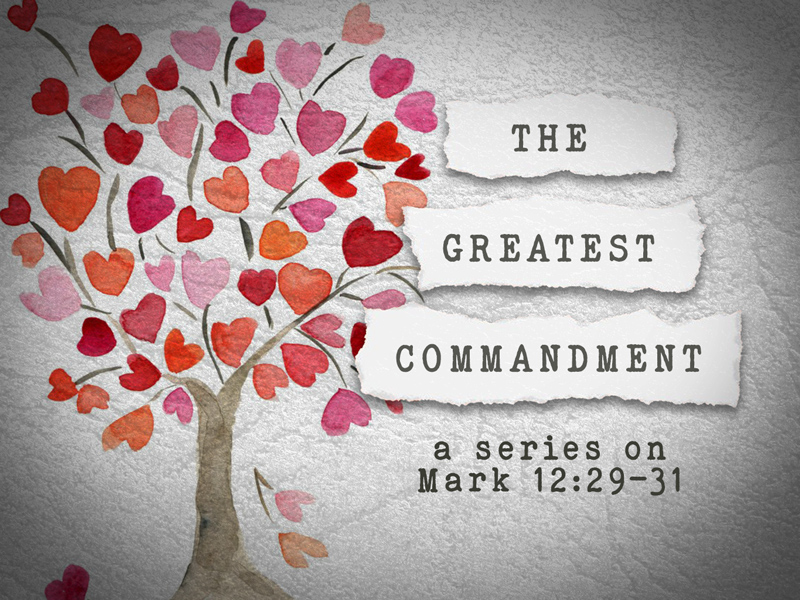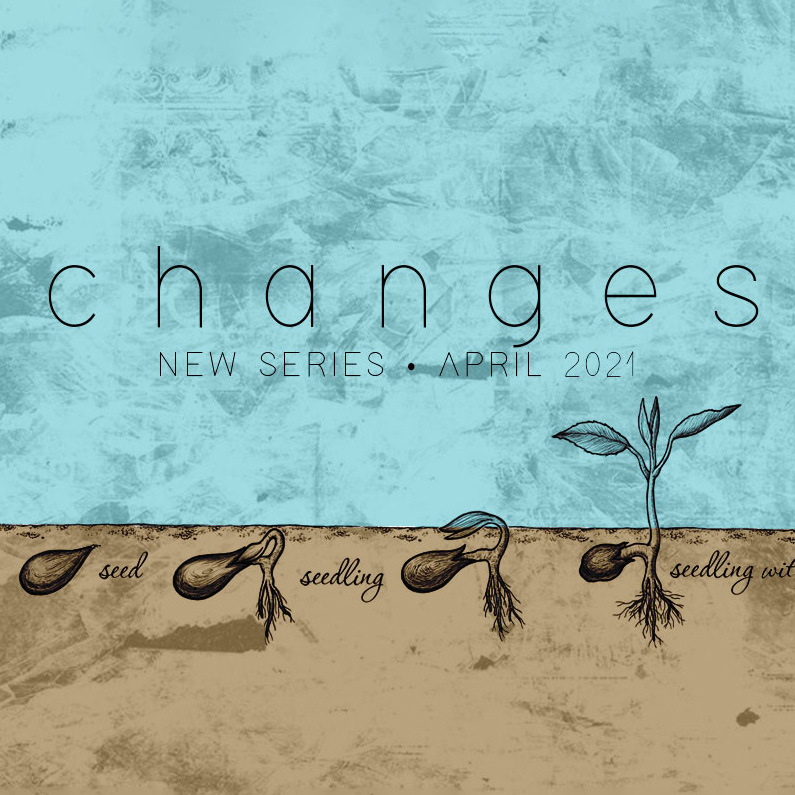Sermon Series

The Greatest Commandment
Aug 2021 (5-part series)
When Jesus was asked, “Of all the commandments, which is the most important?” In response, he quoted a famous Jewish prayer called the Shema. “Love the Lord your God with all your heart and with all your soul and with all your mind and with all your strength.” In this series, we will explore each of these four pathways to loving God. [CLICK TO WATCH/LISTEN]

Homecoming: Return to Athens
July 2021 (3-part series)
In this series, as we prepare for our full return to indoor worship in August, we are using the month of July as a time to reflect on where we have been, and where we are headed. If the natural stages of growth in faith are illustrated by the arrangement of the Hebrew scriptures (Law/Torah → Prophet/Critical-Thinking → Wisdom), we have been stuck far-too-long in the middle phase. It is time to move into Wisdom-Faith. [CLICK TO WATCH/LISTEN]

My Least Favorite Verses
May - June 2021 (7-part series)
Mark Twain once wrote, “It is not the things which I do not understand in the Bible which trouble me, but the things which I do understand.” That is a great description for what we’re talking about in this series. Not controversial passages, or ones that are difficult to understand, but rather texts whose meaning is clear but hard to embrace. [CLICK TO WATCH/LISTEN]

Changes
April 2021 (3-part series)
When our theology says “God doesn’t change”, it makes reimagining God really hard, because it feels as though we are changing God and being unfaithful. But perhaps spiritual change — even radical spiritual change — is not an abdication of faith, but rather, evidence of it. [CLICK TO WATCH/LISTEN]

You Have Heard it Said
May - June 2018 (an 8-part series)
This is a series about the bible … not just from it. What is the Bible? What is it not? How should we think about it, read it, and use it in our lives? How do we have healthy discussions with our children, family, and friends about it? We live in a polarized culture, and views of the Bible often follow this trend. In this environment, how do we have a healthy, life-giving view of the Bible that doesn’t ignore its complexities but still loves, respects, and values it … and most importantly, allows it to speak to and transform us? [CLICK TO LISTEN]

